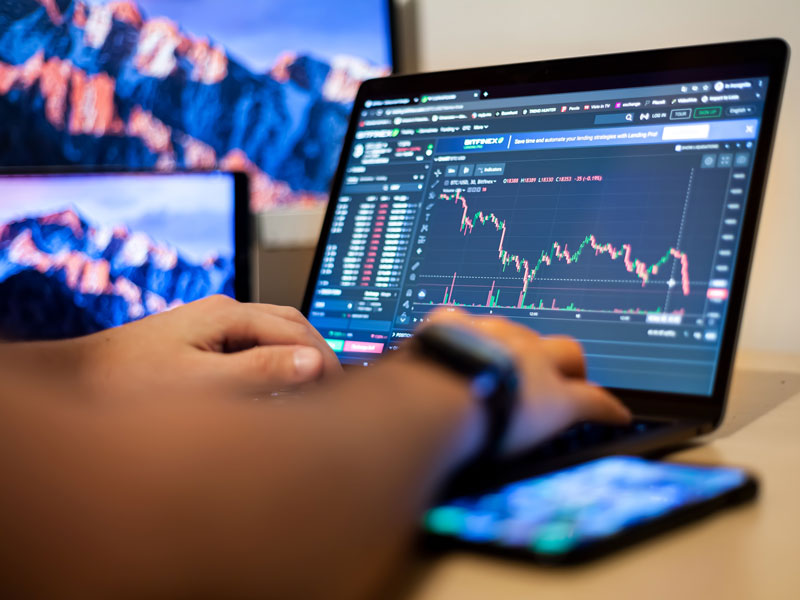Understanding Margin in Forex Trading 1598510172

Understanding Margin in Forex Trading
When diving into the world of Forex trading, one of the key concepts that traders encounter is “margin.” Understanding how margin works is crucial for managing risk and making informed trading decisions. In this article, we will explore what margin is, how it functions in Forex, and its significance for traders. To deepen your knowledge in trading, you can visit what is margin in forex trading https://trading-connexion.com/.
What is Margin?
In the context of Forex trading, margin refers to the amount of money that a trader is required to deposit with their broker to open and maintain a leveraged position. It serves as a security deposit that ensures the broker can cover any potential losses incurred by the trader’s open trades. Margin is not a fee or a cost; rather, it is a fraction of the total trade size that the trader must have in their account to open a position.
How Margin Works in Forex
When a trader executes a Forex trade, they often use leverage to control a larger position than their initial investment. Leverage allows traders to open larger positions, which amplifies both potential profits and potential losses. The margin requirement is determined by the broker and is expressed as a percentage of the total trade size. For instance, if a broker offers a leverage of 100:1, the margin requirement would be 1%.

For example, if a trader wants to open a position worth $10,000, with a 1% margin requirement, they would only need to deposit $100 into their trading account. The remaining amount is effectively “loaned” to the trader by the broker, allowing them to control larger positions in the market.
Different Types of Margin
There are several types of margin that Forex traders should be aware of:
- Initial Margin: This is the amount of capital required to open a new position. It is the minimum deposit that a trader must put up to enter a trade.
- Maintenance Margin: Once a position is opened, the trader must maintain a certain level of equity in their account, known as the maintenance margin. If the account equity falls below this level due to losing trades, the broker may issue a margin call.
- Free Margin: This refers to the amount of equity in a trading account that is not tied up in open positions. It is the available balance to open new trades or sustain existing ones.
- Used Margin: This is the portion of the trader’s equity that is currently being used to cover open positions. It is the amount of margin that is set aside for active trades.
Margin Calls and Liquidation
A margin call occurs when the equity in a trader’s account falls below the maintenance margin level. When this happens, the broker may require the trader to deposit additional funds to bring the account balance back to the required level. If the trader fails to do so, the broker may liquidate some or all of the open positions to limit the risk. This can happen quickly, often without the trader’s consent, and can result in significant losses.

Therefore, it is essential for traders to monitor their margin levels actively and ensure that they maintain sufficient equity in their accounts to avoid margin calls and involuntary liquidation of positions.
Importance of Margin Management
Effective margin management is critical for Forex traders, as it directly impacts the risk-reward balance of their trading strategy. Here are some important aspects of margin management:
- Risk Control: Proper margin management helps in controlling risk. Traders should avoid over-leveraging, as higher leverage can lead to significant losses if the market moves against them.
- Position Sizing: Understanding margin allows traders to determine how much they can afford to risk on each trade. This aids in position sizing, ensuring that no single trade can jeopardize their entire trading account.
- Emotional Discipline: Having a clear margin plan can help traders remain disciplined and less emotional during market fluctuations. Emotional decision-making can often lead to poor trading outcomes.
Conclusion
Margin is a vital concept in Forex trading that every trader must understand. It allows traders to leverage their capital effectively, but it also comes with risks that necessitate sound risk management strategies. By understanding the different types of margin, recognizing the implications of margin calls, and practicing effective margin management, traders can enhance their trading performance and protect themselves from significant losses. Whether you are a novice trader or an experienced one, mastering margin is essential for your trading journey.

